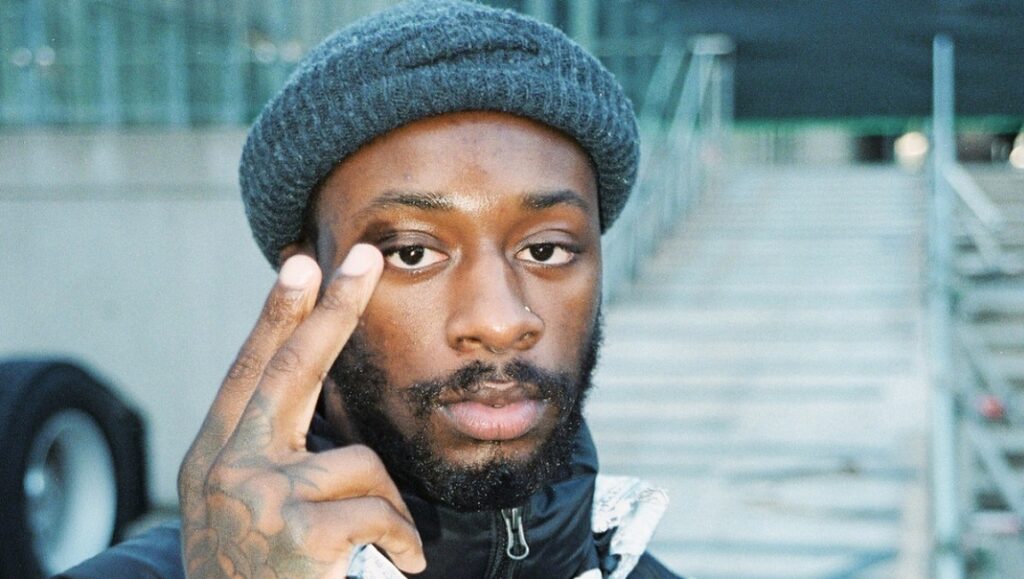There’s no denying the constant underlying groove in Goldlink’s Diaspora. He’s an artist indebted to dance music: just take “Zulu Screams,” whose intro sublimates the energy from a menacing Zulu war chant into a pulsing house beat. His understated delivery works in tandem with plucky, but muted, synths before transforming into a dancehall melody, before moving into Bibi Bourelly’s rapid-fire Lingala breakdown that reverberates back and forth into a polyrhythmic freakout. Even at its cheesiest — i.e. “Yard”’s almost prototypical Caribbean swagger — the arrangements are immaculate, the production expensive-sounding, and the song placement kind of perfect. Goldlink’s aspirations as arranger-of-voices come to fruition, blending superstar rap features like Pusha T and Tyler, the Creator, up-and-comer Khalid, local DC homies Lil Nei and Wave IQ, Nigerian-born Lola Rae and WizKid, and London-based Ari Pensmith and Jay Prince into one seamless text. It plays like a lower-stakes (and far less novelty-oriented) Astroworld, with Travis Scott’s prog-rap ambitions on full display in songs like “Cokewhite,” which switches from luxurious, King Push-facilitating beat to a frenetic rant underscored with Project Pat’s distorted, paranoid mumbling. Or the album’s highlight — “No Lie” — which follows the same trajectory, starting from a down-tempo saunter before barreling into full freak mode, replete with an unsettling, wailing synth line.
Unfortunately, and despite all the ambitions that are realized in the production of Diaspora, Goldlink also shares another similarity with Travis Scott: weak rapping. Throughout this admittedly catchy LP, Goldlink delivers barely any memorable bars, and he can’t be bothered to make an impression with his vocal presence, really, either. Even when he comes through with a thematically charged line, like, “Skin glossy than a motherfucker, teeth sharper than my lip,” that “sharp lip” results in a dully delivered punchline, as couplet finishes off with: “So my teeth cut my lip, I put a diamond on that bitch.” Thankfully, Goldlink doesn’t really try to flex in front of rappers who can completely out-lift him (like Push, on his standout feature); instead, he signifies that he’s fully willing to play into his voice-as-instrument role on his own album. The percussively sung hook of “Maniac” weaves around snare hits, expanding the groove, just as Goldlink’s deeper register on “U Say” adds to the rounded, pulsating kick. This lowkey rapping, though, does highlight how limited Goldlink’s “diaspora” (of black music) feels; he cribs flows from the most prototypical American trap tendencies, while his contemporaries use prototypical trap beats as a jumping-off point for insane, one-of-a-kind vocal experimentation. It’s almost tragic to consider that, had this been released around his come-up a few years ago, it might have made serious waves — the rap game is just like that. But at least GoldLink’s attitude is on-point, boasting that even though he’s “flyin’ different” he’ll “still be rapping when [he’s] broke.”
Published as part of What Would Meek Do? | Issue 10.


Comments are closed.